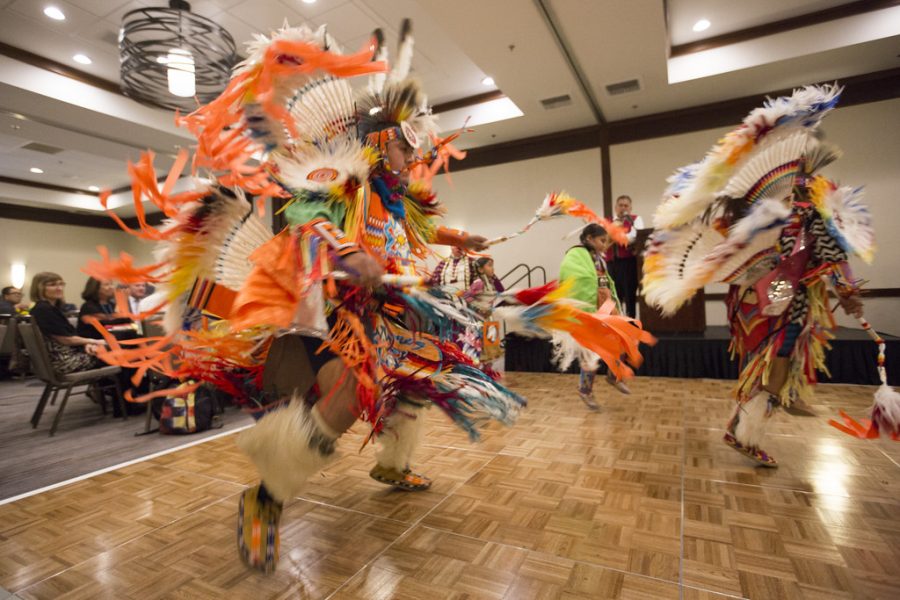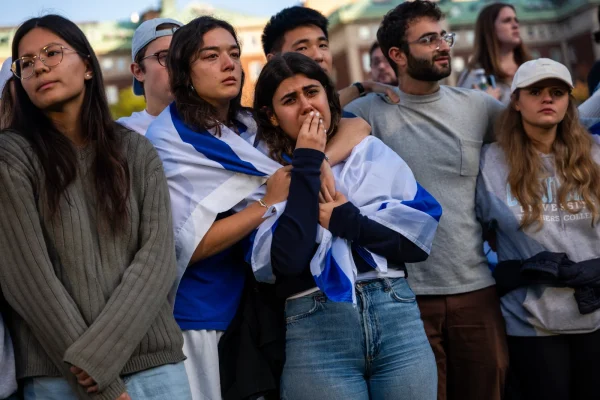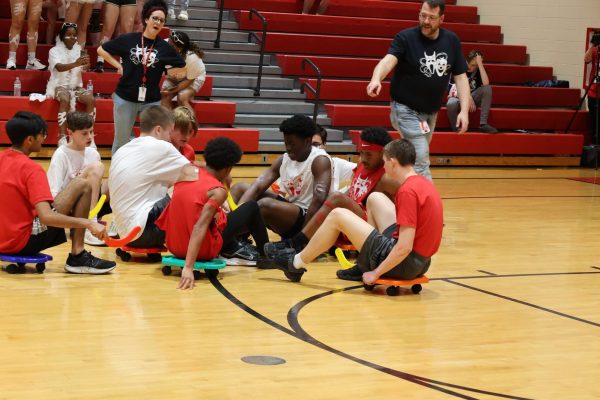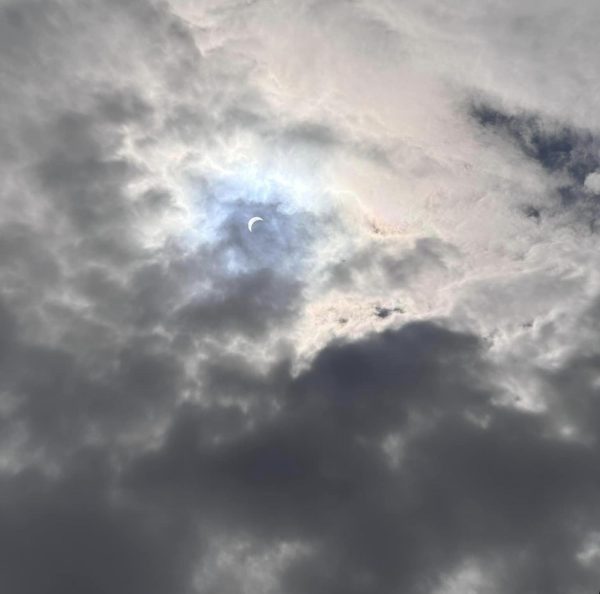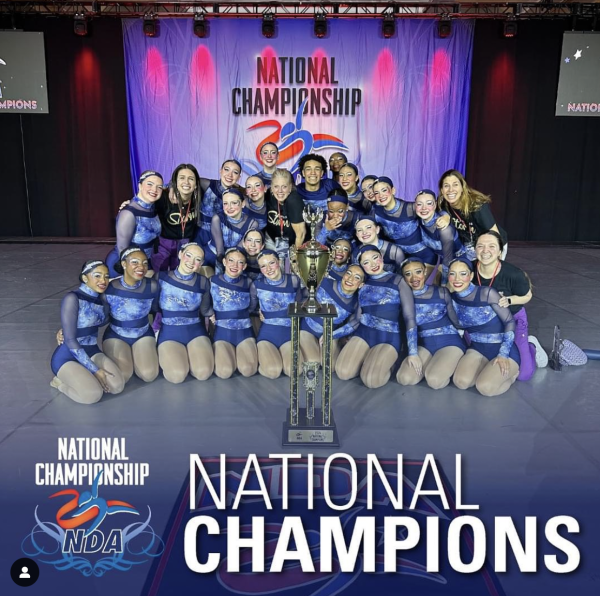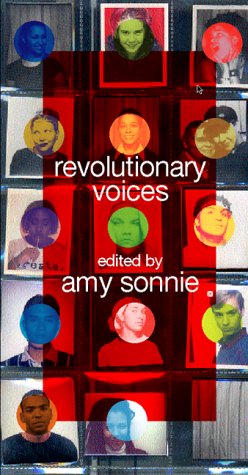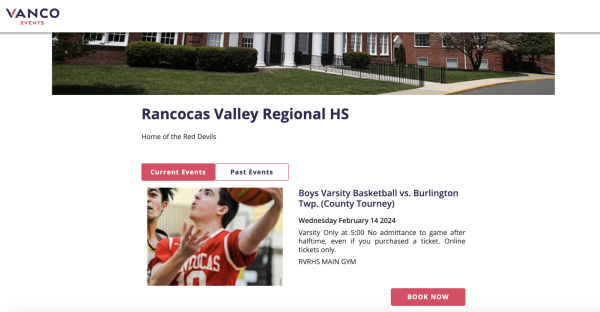Native American heritage month passes without a single event
The lack of celebration of and dedication to Native American heritage is common in public schools
"Native American Heritage Month 2017 Reception" by CSUF Photos is licensed under CC BY-NC-SA 2.0
Native American heritage celebrations like this one from 2017 are rare in public schools in New Jersey
December 11, 2020
November was Native American Heritage Month. In an Instagram poll taken by 93 RV students, 76% stated they were unaware of the occasion.
Native Americans have historically been one of the most mistreated and marginalized groups in the United States, and very little has changed. From their culture being exploited and discredited to lack of representation in politics, the persecution of the Indigenous community remains in popular culture to this day.
Rancocas Valley has arguably partaken in this trend as well. The school’s name itself originates from the Indigenous sub-tribe “Ancocus,” and may also refer to the Powhatan Renape Indians who used to live in a reservation at Rancocas State Park in Westampton Township. At a school that prides itself in celebrating diversity, many students do not learn the true origins of their local community as part of their curriculum.
History teacher Neshea Thomas believes changes need to be made to ensure students learn about their community’s background.
“Although some teachers have included local heritage and town history in their lesson, more could be done in that area- particularly on Native American history,” Thomas said. “Teachers are crunched for time and if teacher friendly, student-centered resources are not readily available it makes it less likely that teachers will stray from their normal practices.”
Outside of the classroom, RV does not participate to honor Native American holidays such as Native American Heritage Month with schoolwide events and spirit days. During similar occasions such as Hispanic Heritage Month and Black History Month, the school can be seen playing Spanish music in between classes and hosting sessions during Student Preps and Tutorials teaching students about African-American history, but the same energy is not visible when it is time to celebrate Indigenous heritage and culture.
Examples of Native American cultural appropriation can be seen throughout Burlington County as well. Many schools of the Lenape High School District such as Lenape High School, Cherokee High School, Shawnee High School, and are named after Indigenous tribes.
Hadia Shaikh, a student at a Lenape District school, stated that although her school’s brand and identity are influenced by Native American culture, many students are still quite insensible to it.
“During events such as Pride day, many people get face paint or wear feathers to symbolize Native American culture,” Shaikh said. She also stated that, similar to RV, her school rarely acknowledged the school’s Indigenous community on occasions such as Native American Heritage Month. “We do a couple of activities focusing on [Native Americans], but nothing major beyond the classroom.”
Manahil Zulfiqar, a student at Westampton Middle School, stated that her school lacks any form of Native American education or at all.
“I haven’t learned about Native American history since elementary school, and I don’t remember much either.” the seventh-grader said. She claimed that the education she did receive, however, was flawed.
“They made us believe that Columbus was a hero and described Native Americans as animals,” Zulfiqar said. Students as young as seven years old receive inaccurate information filled with stereotypes about their country’s past.
In a community that preaches inclusion and diversity–and in the wake of the nation-wide racial reckoning this summer–many students wonder why certain ethinic groups continue to be excluded and unappreciated.

